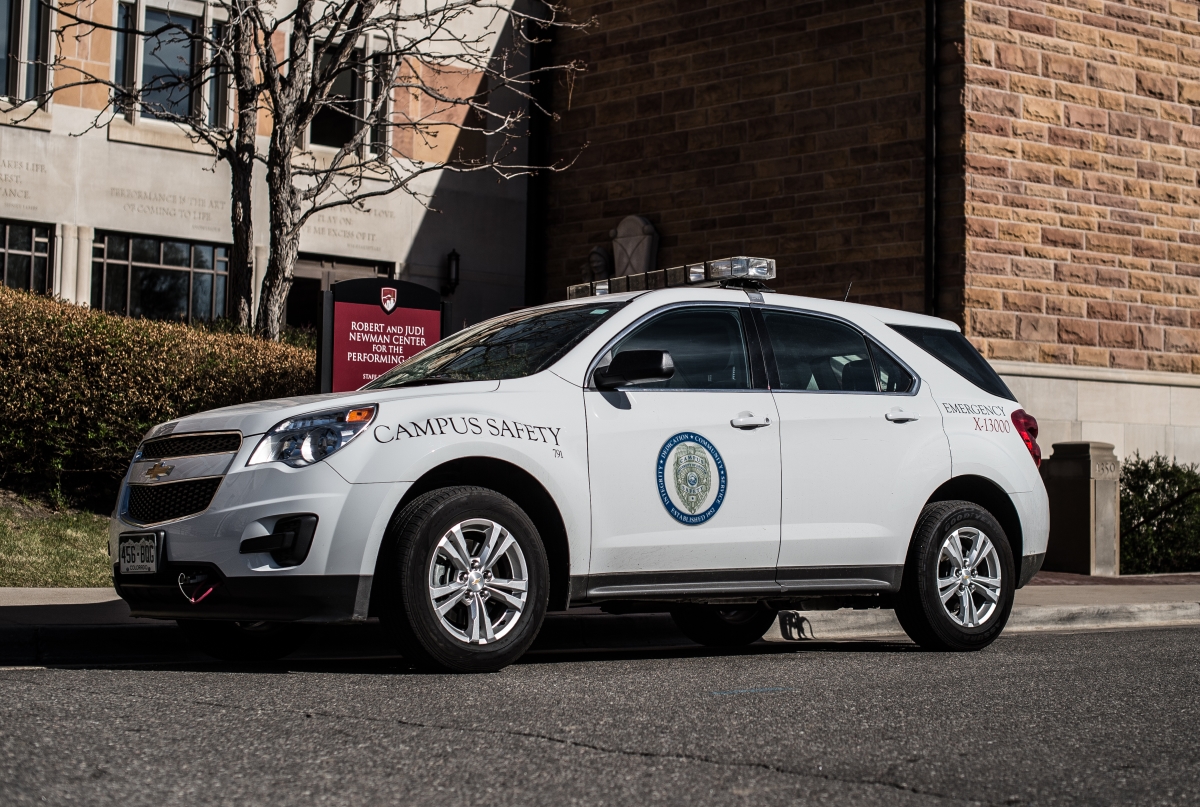A string of recent gun violence-related incidents across college campuses prompted DU officials, including the Department of Campus Safety to urge students to be aware of their own safety as well as look out for others.
“The incidents are obviously very concerning to us. Campus Safety has taken a number of steps given those types of events,” Sergeant James Johnston explained.
Johnston said these steps include education and training for students, staff and faculty to help people know how to respond to any potential incident.
“We teach a class called Countering Violent Extremism (CVE) that includes active shooter, suspicious package, active bomb threats, the more severe incidents and acts of terrorism,” said Johnston. “The content comes from the FBI and it is taught all over the country.”
Johnston said the classes teach the Run, Hide, Fight model, which advocates different actions based on your proximity to the incident.
“If you’re on the other end of campus, get off the campus. If you are in the same building, [to] hide is probably your best option. If you are near an exit and can get to that, you should do that. Every situation is going to be different,” Johnston explained. “Generally, within 20 feet [of the shooter] or with a shooter in the same room, it’s either you or him. That’s where we train people to be more aggressive than they ever thought possible.”
These classes are crucial because according to FBI data, most shooters kill themselves before law enforcement can arrive, meaning people need to know how to handle a potential shooting or violent situation. Despite the importance of these trainings, Johnston said attendance at the classes, which are currently only offered per request, is usually low.
Campus Safety plans to start offering more of these classes during the winter quarter and hopes for more participation.
“People have been in the mindset of, it will never happen here, which is the worst mindset you can possibly have,” said Johnston.
In addition to training and education, Campus Safety also encourages students to sign up for DU Alert, the text message service that informs the DU community.
According to Campus Safety, 40 percent of the current student population is signed up for the alerts, a number that marks an increase over past years. Johnston also noted that during an emergency, sometimes DU alerts might have difficulty getting through because of excessive demand on the area’s cell towers.
“During an emergency it is really important to try and stay off your phone and stay off your data plan to free up more of the cell phone towers,” explained Johnston.
These efforts represent some of Campus Safety’s main programs to keep students safe from mass shooting events. Colorado has a history of shootings including events at Columbine High School in 1999, an Aurora Movie Theater in 2012 and Arapahoe High School in 2013.
“It hits very close to home,” said Johnston. “We’ve got a lot more insight on how to deal with these because so many have happened so close to home.”











